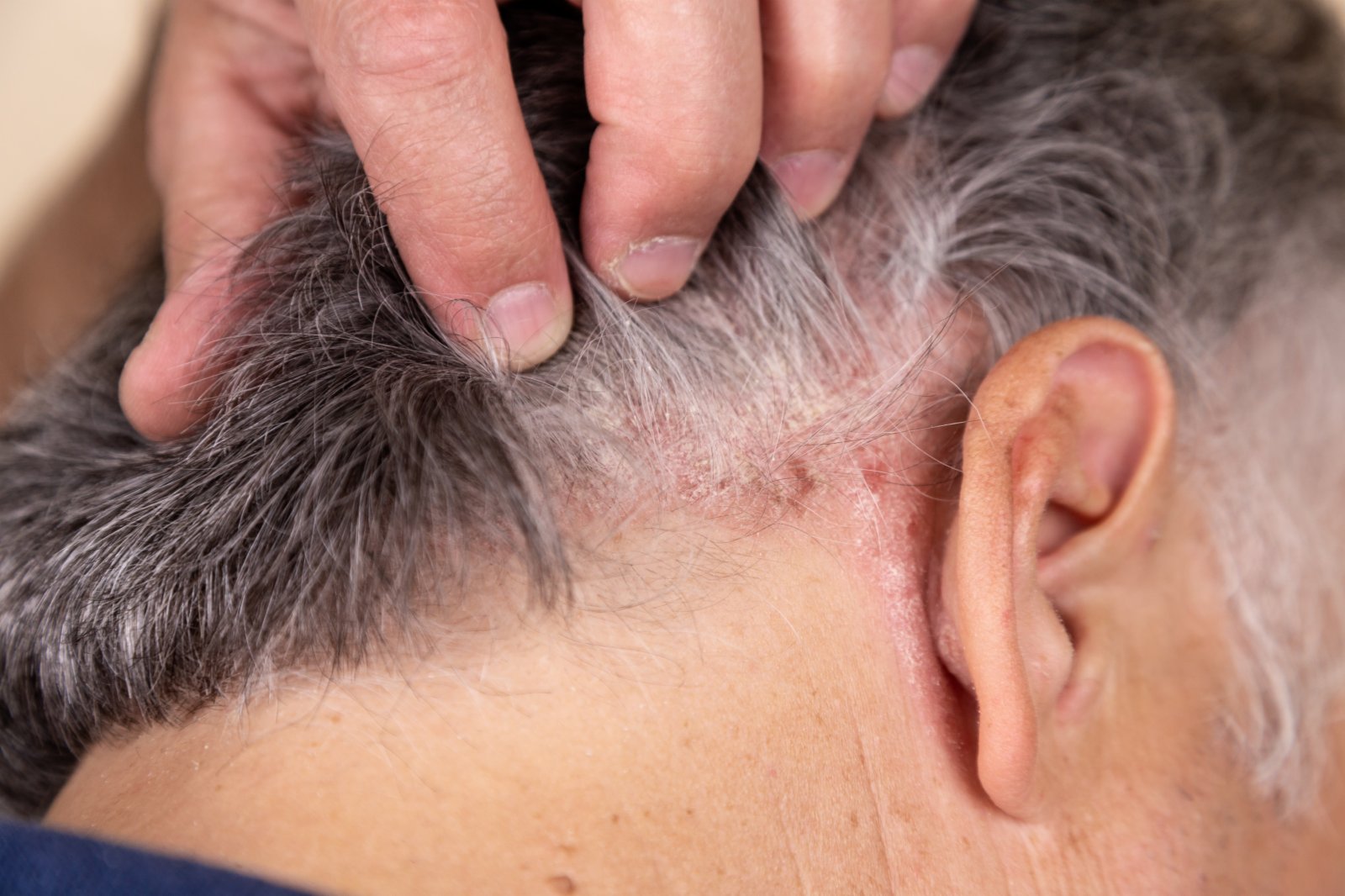Topical Treatments
One of the most common treatments for plaque psoriasis is topical medications. These medications are applied directly to the affected skin and can help reduce inflammation and itching. Topical corticosteroids are the most commonly prescribed topical treatment, and they work by suppressing the immune system’s response to the inflammation. However, prolonged use of topical corticosteroids can lead to skin thinning and other side effects, so it’s essential to use them under the guidance of a dermatologist.
Other topical treatments include:
Topical retinoids: These are vitamin A derivatives that can help slow down the skin’s cell growth and reduce inflammation.
Calcineurin inhibitors: These medications can help reduce inflammation and itching, and they are often used in areas where topical corticosteroids are not effective or safe to use.
Salicylic acid: This medication can help remove scales and smooth the skin’s surface.
Systemic Treatments
If topical treatments are not effective, or if the psoriasis is severe, systemic treatments may be required. Systemic treatments are medications that are taken orally or by injection and work throughout the body to reduce inflammation and suppress the immune system’s response.
Some systemic treatments include:
Biologic drugs: These medications target specific parts of the immune system, and they are often used to treat moderate to severe psoriasis.
Methotrexate: This medication is often used to treat severe psoriasis, and it works by slowing down the skin’s cell growth.
Cyclosporine: This medication suppresses the immune system’s response and is often used to treat severe psoriasis.
Explore Your Options by Choosing One Box Below.









